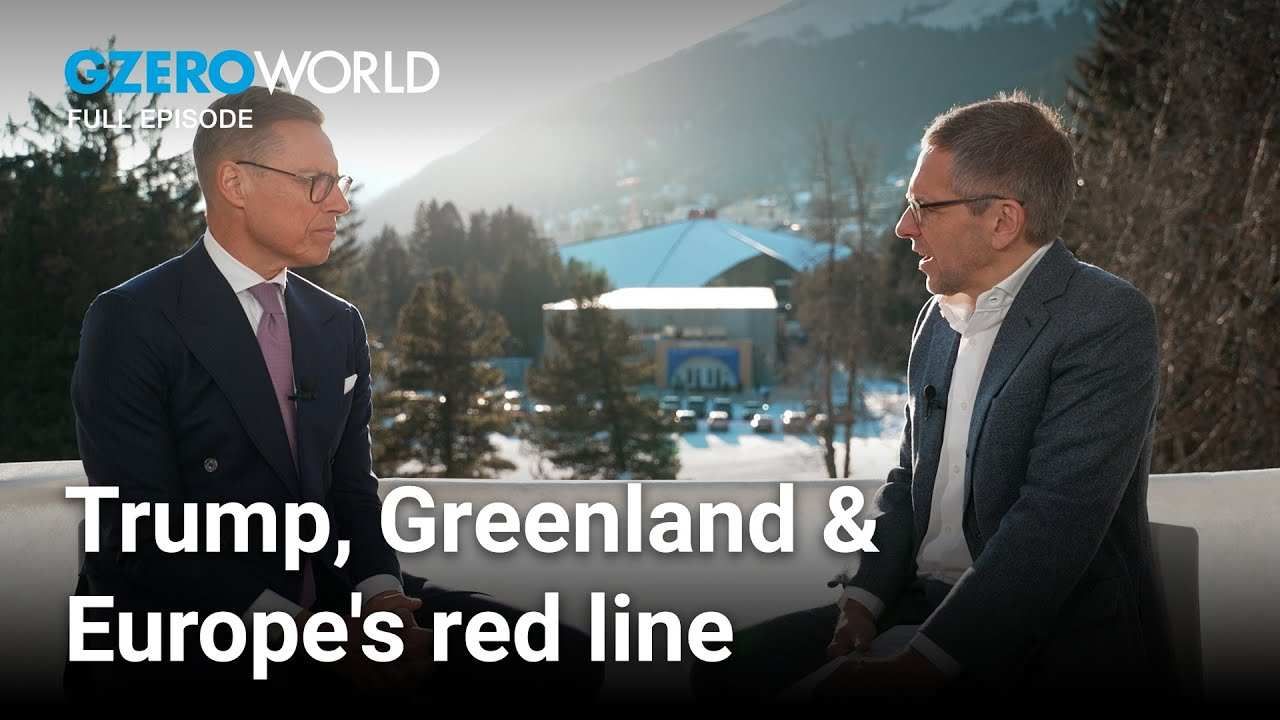News
July 06, 2018
WHAT WE'RE WATCHING
Nicaragua – Protests and a deadly crackdown continue in Nicaragua. The Inter-American Commission on Human Rights recently submitted a report to the Organization of American States. The title says it all: “Serious human rights violations in the context of social protests in Nicaragua.” According to the report, “the State’s repressive actions had left at least 212 people dead by June 19, 1,337 people injured and 507 people deprived of their freedom by June 6, as well as hundreds of people at risk after being victims of attacks, harassment, threats and other forms of intimidation.”
Terrorists vs plastic bags –The Al Qaeda linked al-Shabab terrorist group celebrated International Plastic Bag Free Day on Tuesday by banning the use of plastic bags in territories it controls in Somalia. Because plastic bags constitute a “serious threat to the well-being of humans and animals alike.” For the record, Al-Shabab is responsible for the rape and murder of hundreds of people, including an April 2015 attack on a university in Kenya that killed 148 students.The US Postal Service –The US Postal Service has been ordered to pay $3.5 million for copyright infringement after mistakenly using an image of a Statue of Liberty replica in Las Vegas on a postage stamp. It’s not clear whether Federal Judge Eric Bruggink agrees with the statue’s creator that it is "fresh-faced, sultry and even sexier" than the original, but the artist will get the money either way.
WHAT WE’RE IGNORING
Sophia the robot –A humanoid robot named Sophia met with Ethiopia’s Prime Minister Abiy Ahmed this week. We’re impressed that she quickly and effortlessly learned to speak Amharic. But Sophia appeared with Mr. Abiy only after recovering several body parts she misplaced while travelling through Frankfurt airport, and though she’s female and a Saudi citizen, she’s not allowed to drive. So we’re just not that impressed with her.
Japanese food –A psychic octopus named Rabio that correctly predicted all of Japan's World Cup match results was killed this week and made into sashimi. Your Friday author likes Japanese food as much as the next guy, but that’s just wrong.
More For You

- YouTube
GZERO World heads to the World Economic Forum in Davos, where Ian Bremmer lookst at how President Trump’s second term is rattling Europe, reshaping both transatlantic relations and the global economy, with Finland’s President Alexander Stubb and the IMF’s Kristalina Georgieva.
Most Popular
Think you know what's going on around the world? Here's your chance to prove it.
- YouTube
How widely is AI actually being used, and where is adoption falling behind? Speaking at the 2026 World Economic Forum in Davos, Brad Smith, Vice Chair and President of Microsoft, outlined how AI adoption can be measured through what he calls a “diffusion index.”
U.S. President Donald Trump holds a bilateral meeting with NATO Secretary General Mark Rutte at the World Economic Forum (WEF) in Davos, Switzerland, January 21, 2026.
REUTERS/Jonathan Ernst
After saying numerous times that he would only accept a deal that puts Greenland under US control, President Donald Trump emerged from his meeting with NATO Secretary General Mark Rutte singing a different tune.
© 2025 GZERO Media. All Rights Reserved | A Eurasia Group media company.